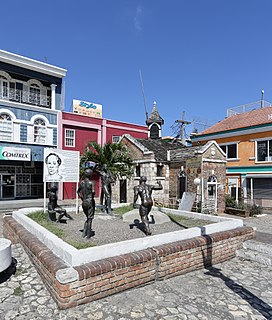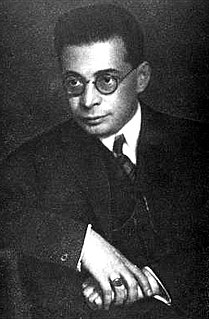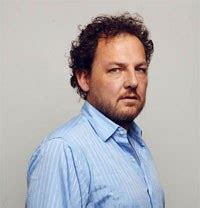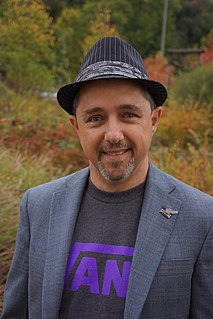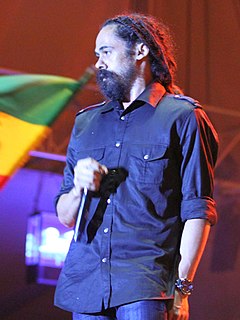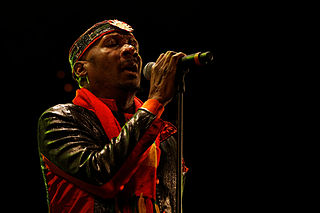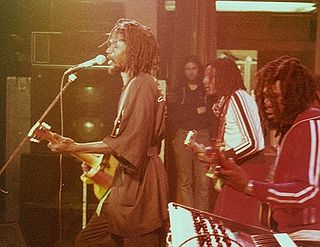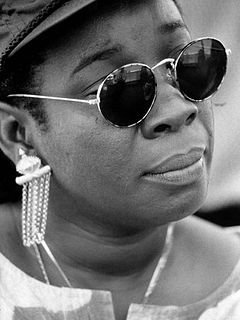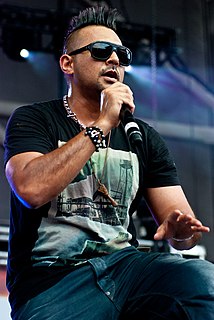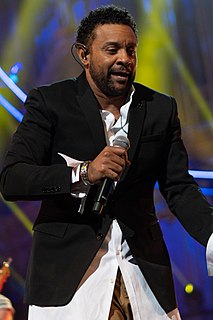A Quote by Samuel Sharpe
We have the Annunciation, the Conception, the Birth and the Adoration, as described in the first and second chapters of Luke's gospel; and as we have historical assurance that the chapters in Matthew's gospel which contain the miraculous birth are an after addition not in the earliest manuscripts, it seems probable that these two poetical chapters in Luke may also be unhistorical, and borrowed from the Egyptian accounts of the miraculous births of their kings.
Related Quotes
It's important, though, that there are not "four gospels." There is only one gospel: the good news of what God has done through Christ to save the world. But we read that one gospel in four complementary accounts: The gospel, according to Matthew, according to Mark, according to Luke, according to John.
What is the Bible in your house? It is not the Old Testament, it is not the New Testament, it is not the Gospel according to Matthew, or Mark, or Luke, or John; it is the Gospel according to William; it is the Gospel according to Mary; it is the Gospel according to Henry and James; it is the Gospel according to your name. You write your own Bible.
For the whole consequence of evolution from blind impulse through conscious will to self conscious knowledge, seems still somehow to correspond to a continued result of births, rebirths and new births, which reach from the birth of the child from the mother, beyond the birth of the individual from the mass, to the birth of the creative work from the individual and finally to the birth of knowledge from the work.
I have made it a practice for several years to read the Bible through in the course of every year. I usually devote to this reading the first hour after I rise every morning. As, including the Apocrypha, it contains about fourteen hundred chapters, and as I meet with occasional interruptions, when this reading is for single days, and sometimes for weeks, or even months, suspended, my rule is to read five chapters every morning, which leaves an allowance of about one-forth of the time for such interruptions.
A little background: Annabeth used to adventure with Hermes's son Luke. Over time, Annabeth developed a crush on Luke. As Annabeth got older, Luke developed feelings for her, too. Luke turned evil. Hermes blamed Annabeth for not preventing Luke from turning evil. Annabeth blamed Hermes for being a rotten dad and giving Luke the capacity to become evil in the first place. Luke died in war. Hermes and Annabeth blamed each other. Confused? Welcome to my world.
We have the same genetic code for all living creatures. We have a large number of genes that are manifestly the same, but with detail differences - they look like different drafts of the same book. In extreme cases, like a human and a beetroot, it's like the difference between Matthew and Luke's Gospel - clearly they tell the same story, but with different words. Whereas with a human and a chimp, it's like two different printings of Matthew, with a few typos in one.
If you can stand to wait 24 hours before you decide the fate of what you have written - either good or bad - you're more likely to see that invisible thing that is invisible for the first few days in any new writing. We just can't know what all is in a sentence until there are several sentences to follow it. Pages of writing need more pages in order to be known, chapters need more chapters.
